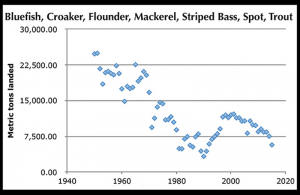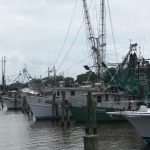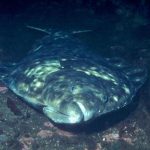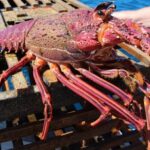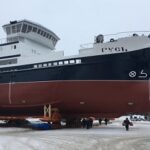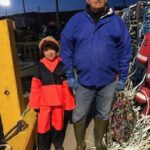FISH-NL commends Ottawa on new lifeboat stations, but search-and-rescue helicopters still work banker’s hours
 FOR IMMEDIATE RELEASE Jan. 10th, 2018
FOR IMMEDIATE RELEASE Jan. 10th, 2018
The Federation of Independent Sea Harvesters of Newfoundland and Labrador (FISH-NL) says Ottawa’s commitment to new lifeboat stations in this province is commendable, but it’s not the No. 1 search-and-rescue issue facing mariners
“The Canadian military’s Gander-based, search-and-rescue Cormorant helicopters are the fastest form of rescue and they still operate on banker’s hours,” says Ryan Cleary, President of FISH-NL. “A lifeboat won’t cut it when the survival time in the North Atlantic — in the absence of a survival suit — is measured in minutes.”
A five-year, $108-million federal government plan across Canada includes new lifeboat stations in Old Perlican and Twillingate and improvements to a search-and-rescue facility in St. Anthony.
A lifeboat station focuses mostly on the inshore. The station in Old Perlican, for example, will include storage room for fast-rescue craft, and a new 19-metre vessel that will be capable of searching up to 120 miles offshore.
However, the quickest way to respond to an offshore emergency is with a Cormorant helicopter, and Canada’s search-and-rescue response times aren’t in line with the international readiness standard of 30 minutes around-the-clock — from tasking a helicopter to becoming airborne.
In Canada, the wheels-up response time for its fleet of Cormorants is two-fold: between Monday to Friday, 8 a.m. to 4 p.m., it’s 30 minutes; after 4 p.m., on weekends, and during holidays — the wheels-up response time is up to two hours.
“A two-tier response time wouldn’t cut it in terms of fire on land, and it doesn’t cut it in the North Atlantic,” Cleary said, pointing out Cougar Helicopters — which services NL’s offshore oil industry — has a wheels-up, search-and-rescue response time of 20 minutes around-the-clock.
“The life of an oil worker is worth the same as the life of a fish harvester,” said Cleary, “but that’s yet to be reflected in federal government policy.”
“We are a seafaring people, and while our search-and-rescue personnel are the best of the best, the service is simply not.”
Contact: Ryan Cleary 682 4862

































